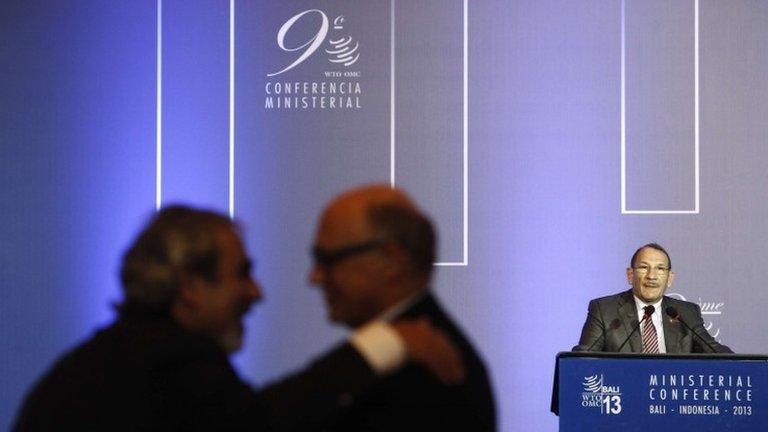WTO's new global trade deal comes into force
- Published
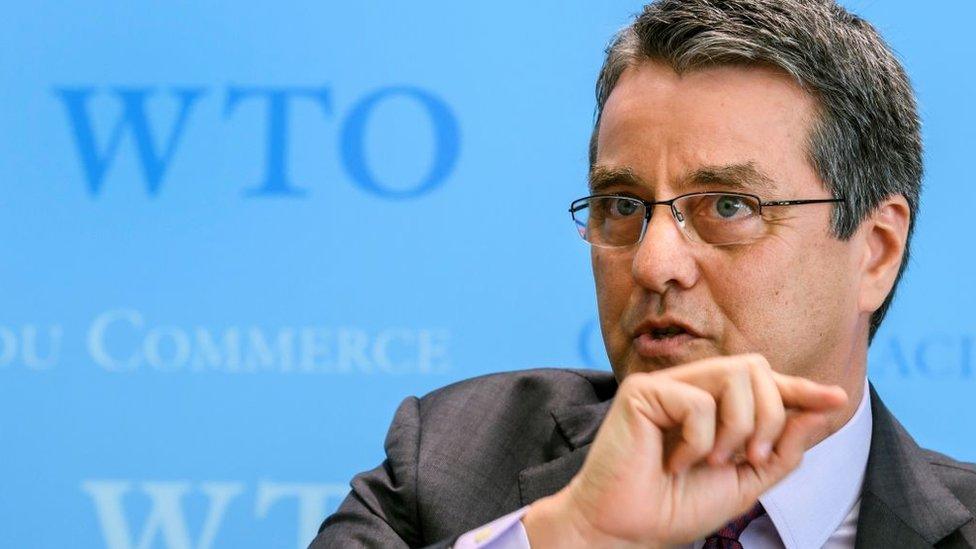
An international agreement forecast to boost global trade by $1 trillion (£800bn) a year has come into force.
The Director General of the World Trade Organization (WTO), Roberto Azevedo, called it "the biggest reform of global trade in a generation".
The Trade Facilitation Agreement (TFA) involves streamlining customs procedures.
Mr Azevedo said it would have a bigger impact than eliminating all existing taxes on imports, known as tariffs.
It involves countries signing up to a long list of reforms, including easier access for businesses to information, reduced fees and simpler and faster procedures.
WTO economists estimated it would cut the cost of trading by 14.3%, and that developing nations would gain the most.
TFA is one of the few successes of a much wider set of negotiations that were launched in late 2001 in the Qatari capital and known as the Doha Round.
It is not the only product of the Doha Round, but most of the negotiating agenda ran into the sand.
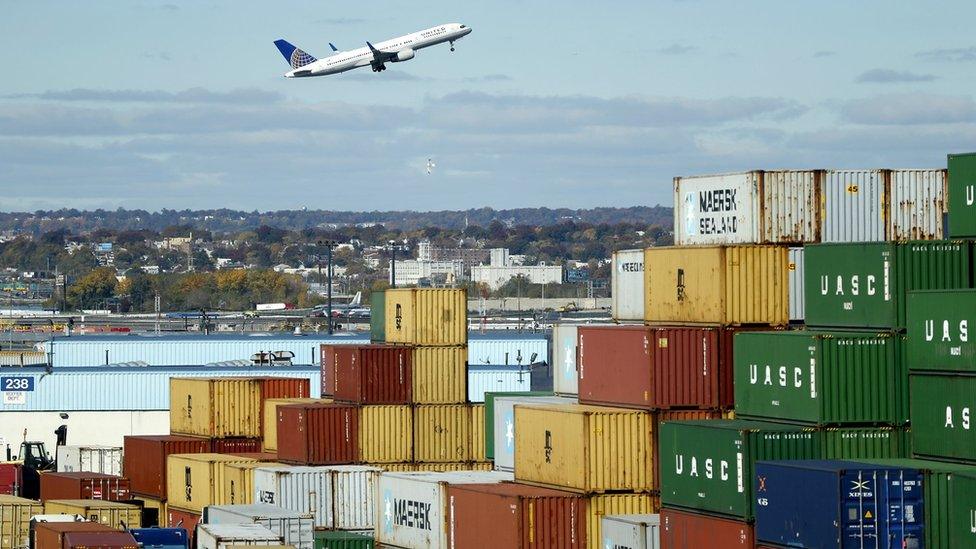
The TFA was finally agreed at a meeting in Bali 2013, but could not come into force until 110 countries had ratified it. That is what has now happened.
Mr Azevedo said the agreement would boost global trade by up to $1 trillion a year.
'Low hanging fruit'
This development comes at a time when there is increasing uncertainty about the outlook for the agenda of increasing trade liberalisation that the WTO embodies.
The new US President Donald Trump wants to renegotiate the country's trade agreement with Canada and Mexico.
He has even suggested that he might, in some circumstances want to pull the US out of the WTO, although he has not repeated that idea recently.
At the news conference announcing the TFA's coming into force, Mr Azevedo said he had heard President Trump's concerns, but did not think it would prevent the WTO from making progress.
He said: "I have seen situations like this arise over and over again, where situations of uncertainty or predictability prevail, especially in transition."
Trade experts sometimes talk about the "low hanging fruit" in negotiations, the issues that are easier to agree, usually because the countries involved have less trouble getting them accepted at home.
If the TFA is an example of that, it took 12 years to pick and then another three to get it peeled and ready to eat.
- Published7 June 2016
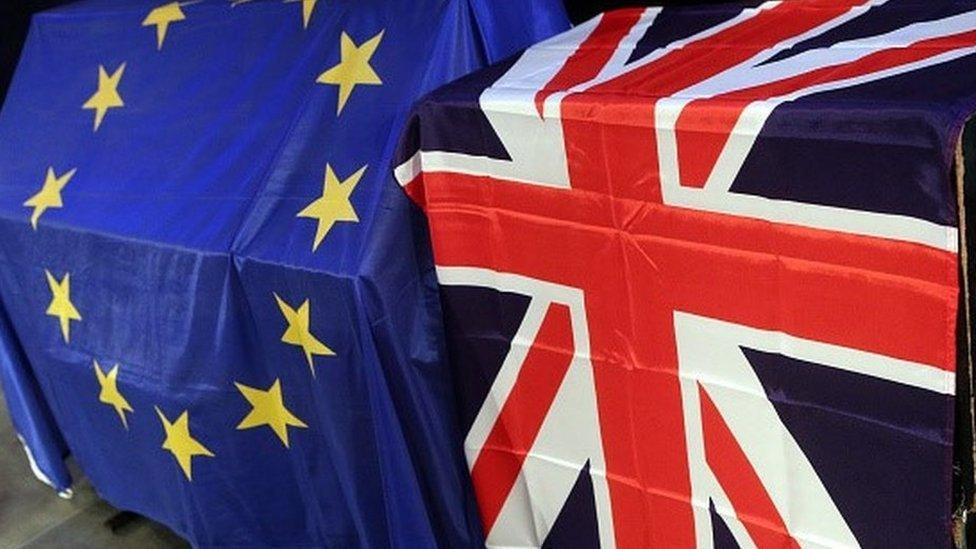
- Published4 February 2016
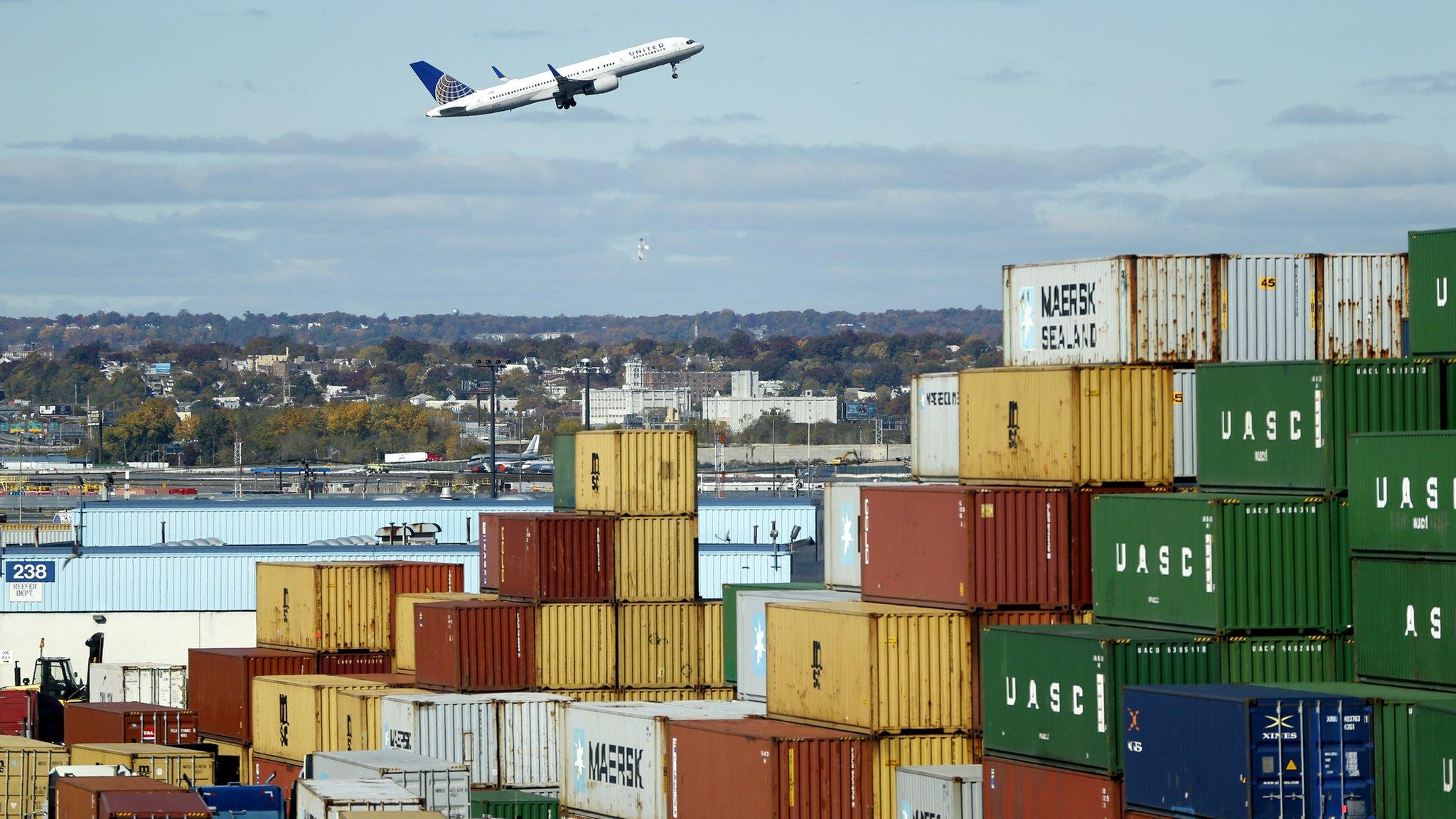
- Published13 November 2014
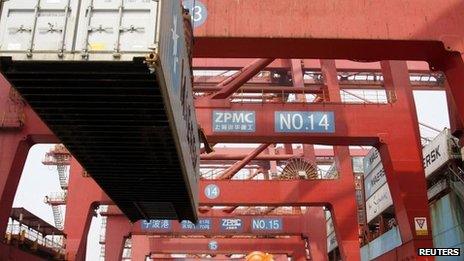
- Published16 December 2015
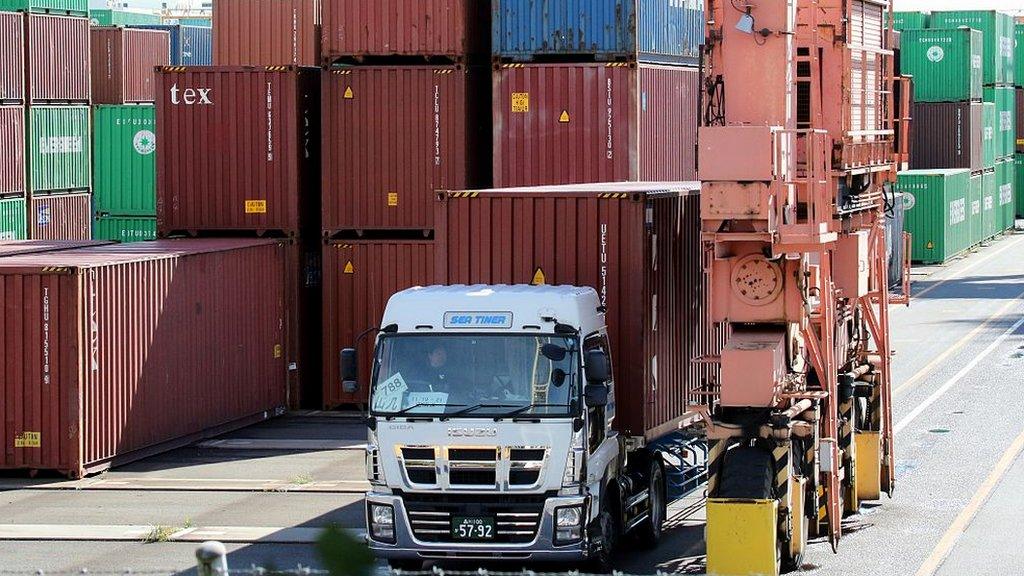
- Published1 August 2014
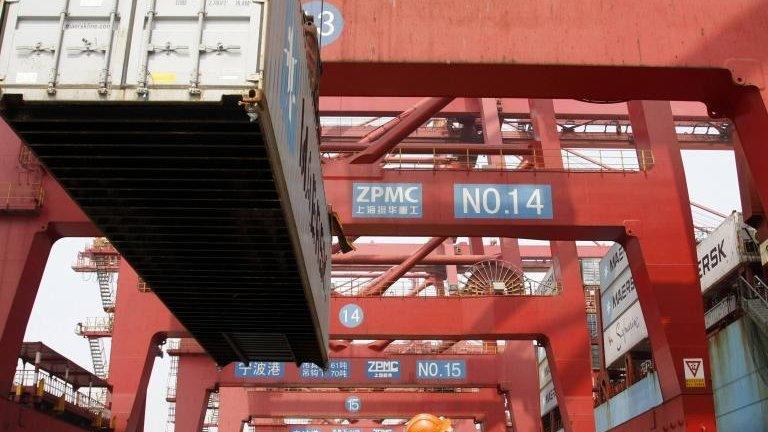
- Published7 December 2013
